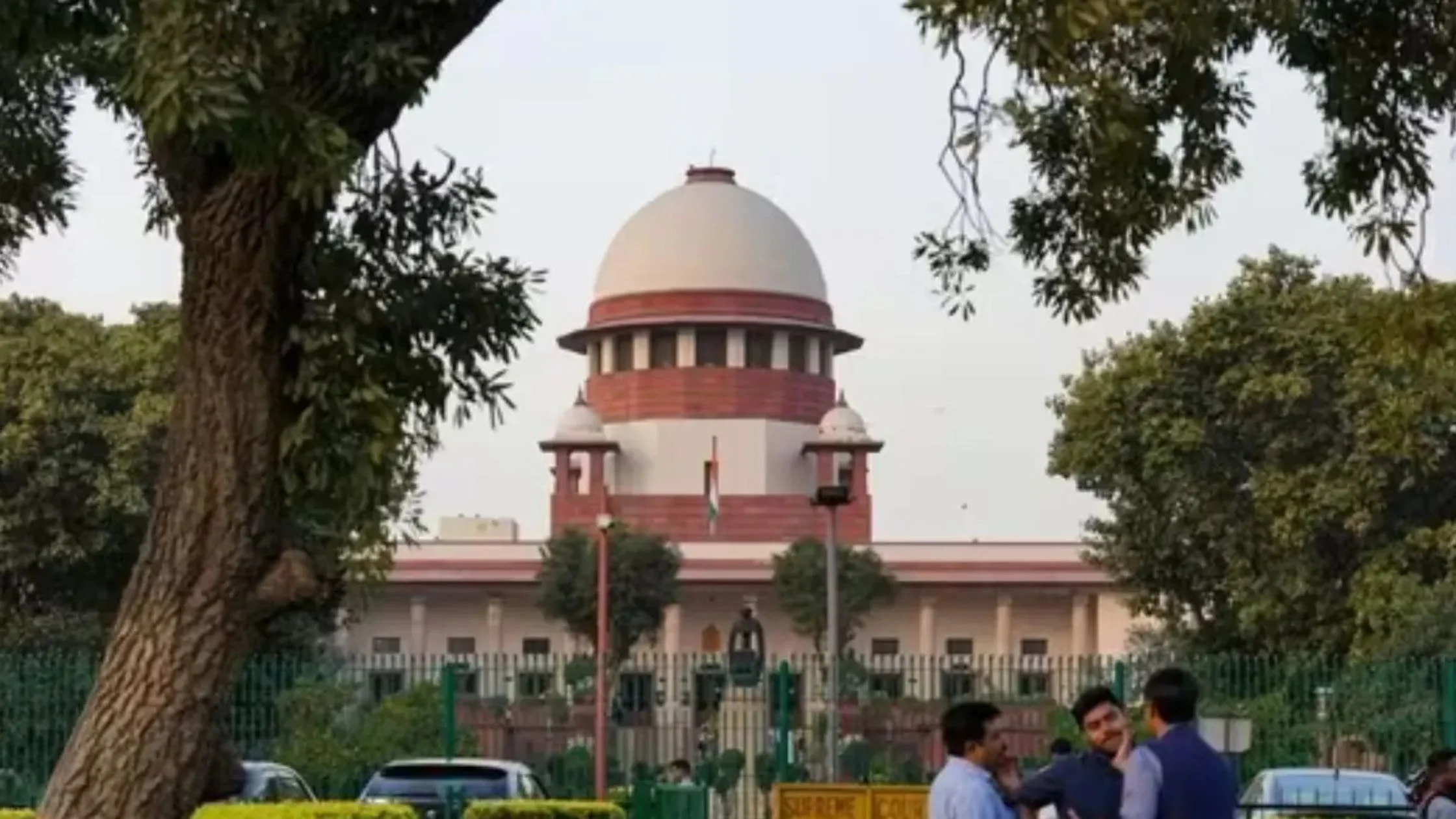Table of Content
▲- Under construction property
- Land use certificate
- Building plan approval
- Commencement certificate
- Intimation of disapproval (IOD)
- Environmental clearance
- Agreement to sell
- Allotment letter
- Ready to move in property
- Occupancy certificate
- Completion certificate (CC)
- Encumbrance certificate
- Sale deed
- Property tax receipts
- Possession certificate
- Society documents
Buying a property can be a complex process. It's crucial to carefully consider all factors before making a final decision, including verifying the completeness of necessary documents. This not only helps avoid legal issues but also ensures the structural soundness of the property. In this article, we've compiled a checklist of approvals that should be verified with the builder to ensure they are in order.
Under construction property
If you're considering investing in an under-construction property, these are the essential approvals you should verify before proceeding:
Land use certificate
The certificate confirming that the land where the property is planned is designated for residential use is typically issued by the local development authority or urban planning body. Utilizing land zoned for non-residential purposes such as industrial or agricultural activities could lead to potential legal complications.
Building plan approval
The building plan must comply with specific government regulations and codes to ensure utmost safety, structural integrity, and convenience for the occupants. Approval for the building plan is issued by the local municipal authority, confirming adherence to these codes. Failure to comply with the approved architectural and engineering designs could result in future demolition or penalties.
Commencement certificate
Once the building plan and other initial requirements are approved, the local municipal authority grants the builder permission to commence construction. This certificate verifies that all preliminary conditions and regulations have been met, legally authorizing the start of construction.
Intimation of disapproval (IOD)
The local municipal authority issues a document outlining construction conditions, including requirements for NOCs and compliances from various departments at different stages. This ensures the builder adheres to safety standards throughout the construction process.
Also Read: Benefits and Risks of Buying a Bank Auction Property
Environmental clearance
For large-scale projects, the Ministry of Environment and Forests issues clearance certifying compliance with environmental regulations after assessing the project's potential impact on the environment. It's crucial to ensure that the project you intend to invest in doesn't pose significant environmental risks.

Agreement to sell
A crucial legal document outlining the terms of sale, construction timeline, payment schedule, and possession date is essential between the buyer and the builder. This document clearly defines the rights and responsibilities of both parties, providing a solid legal foundation for the transaction and safeguarding the interests of all stakeholders involved.
Allotment letter
This letter, issued by the builder to the buyer, confirms the allocation of a specific unit in the project and includes details such as unit number, floor, and area. It serves as proof of the buyer's interest in the property and is often required when securing a home loan.
Ready to move in property
In the case of ready to move projects, it is crucial to ensure the presence of some more approvals along with the ones mentioned above.
Occupancy certificate
The certification issued by the local municipal authority confirms that the building has been completed in accordance with the approved plans and regulations, and is deemed ready for occupancy. Without the Occupancy Certificate (OC), the building may not be legally recognized, which could hinder access to essential services such as water and electricity.
Also Read: How to remove co-owner name from property title deed?
Completion certificate (CC)
This certification, issued by the local municipal authority, signifies the final approval of the construction process, confirming that it has been executed in accordance with the approved plans. It is essential during the final stages of property purchase as it validates the building's adherence to local regulations.
Encumbrance certificate
This certificate details all registered transactions concerning the property, ensuring it is free from legal or financial liabilities. By confirming the absence of existing debts or legal issues, it establishes clear ownership for the buyer.
Sale deed
The sale deed is a legal document that includes details about the parties involved, the property, and the terms of sale. It signifies the transfer of ownership of the property between the parties and is essential for registering the property.
Property tax receipts
The property tax receipts confirm that all taxes against the property have been paid up to date. Any outstanding tax dues on the property could potentially pose a liability for the buyer.
Possession certificate
This certificate is issued upon the transfer of property possession to the buyer. Once the buyer has evidence of physically acquiring the property, obtaining a home loan or registering the property becomes straightforward.
Society documents
If the property belongs to a housing society, it's crucial to have the society’s registration documents, bye-laws, and share certificate. These documents ensure a seamless transfer of membership within the society to the new owner and govern the society's operations according to defined rules.
Also Read: Stamp duty and property registration fees in Uttar Pradesh for 2024









_1770286619.webp)
Ans 1. Important Documents to Check While Buying a Home in Bangalore The Sale Deed - Proof of Ownership. ... The Mother Deed - Tracing Ownership History. ... Land-Use-Certificate - Ensuring Property Compliance. ... The Sale and Purchase Agreement - Defining Terms and Conditions. ... The Building Approval Plan - Compliance with Regulations.
Ans 2. The BBA real estate sets out the terms and conditions of buying a property, including payment arrangements, delivery date, inspection period and other obligations on both parties. The importance of this document increased rapidly, conforming to the Real
Ans 3. Conclusion. Buying under-construction properties has its own advantages and disadvantages. While it offers lower prices and the possibility of customization, it also comes with the risk of project delays, changes in the final product, and legal disputes.
Ans 4. Fine Prints to Understand Before Buying Right Property Make sure you have calculated the additional expenses incurred in the price like GST, Registration fees, home loan processing charges, etc. Also, check the delivery date as most builders keep a buffer of approx. 6 months to 1 yr. as a grace period.
Ans 5. What to ask when buying land? Before buying, a buyer should research land related questions and concerns such as property boundaries, easements, zoning laws, utility access, soil conditions, environmental concerns, and any restrictions on future development in the particular area.